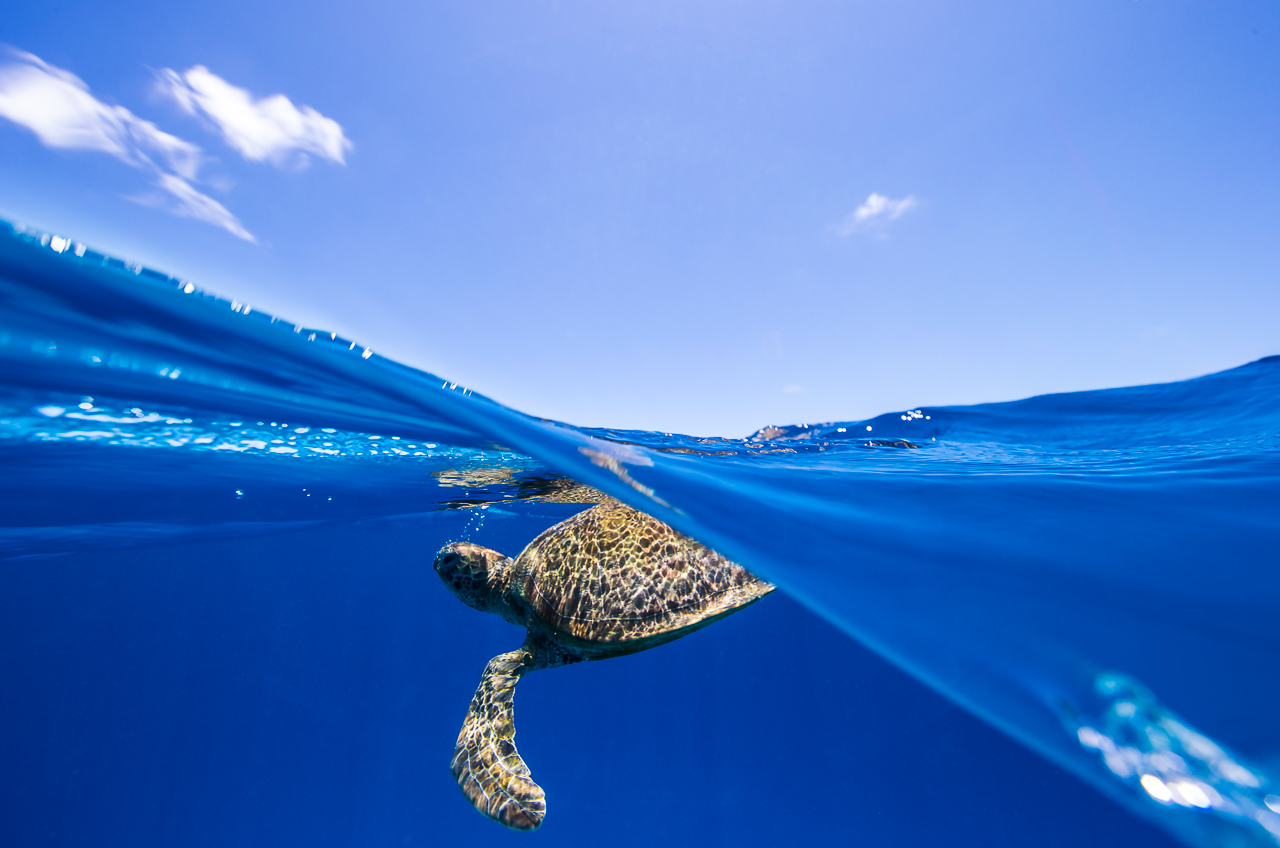Understanding and conserving our marine and terrestrial megafauna.
Our pure research on biology, physiology and ecology provides the building blocks to advance our understanding of marine and terrestrial megafauna.
Our focus is on high-quality, innovative research to address three global conservation issues:
Wildlife conservation – Solutions for managing and conserving species impacted by human activities, including rare, vulnerable, and endangered fauna.
Adaptation – understanding how marine and terrestrial megafauna respond to stress brought about by marine debrispollution, climate change, habitat loss and fragmentation, and direct anthropogenic impacts (e.g. vehicles, fisheries) through a wide range of methodologies, from satellite tracking to genetics, through to direct and indirect health assessments.
Effectiveness of marine and national parks – research into the effectiveness of current and future park zoning plans for the conservation of megafauna undergoing large scale migrations that extend beyond normal park boundaries.
We have a strong focus on applied studies that deliver real solutions to contemporary issues impacting the conservation and management of marine species across the Oceania region and beyond. We collaborate with community and government to both deliver research and ensure real world impact.
Cluster leads: Associate Professor Kathy Townsend and Dr Bonnie Holmes

Our aim
To produce high-quality, innovative biological and ecological research that addresses key global conservation issues impacting marine and terrestrial megafauna.
About the Advanced Characterisation research cluster
UniSC has one of the most impressive groups of megafaunal researchers of all Australian universities. Our collective research impact is evidenced by >29,000 citations of our published work, and a team that is engaged and leading local, national, and international research collaborations.


